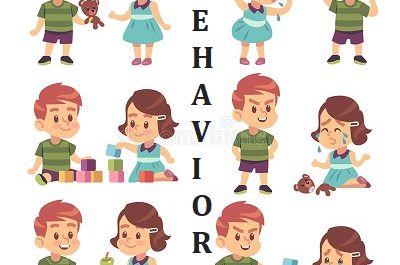Manipulation is described as when a person uses strategies and behaviors to influence and control others. These strategies frequently target another person’s emotional and mental health.
These behaviors may include:
- Passive-aggressive behavior
- Constant Judging
- Lying and blaming
- Complaining
- Comparing
- Threats and coerciveness
- Withdrawal and withholding
- Isolation
- Cruel Humor
- Denying
- Feigning ignorance or innocence
- Mind games
People who manipulate others may struggle to identify and communicate their needs and goals in a way that is appropriate and healthy.
Other aims can also be served by manipulative behavior. Control and manipulation, for instance, can benefit the manipulator by:
- cause doubt and confusion
- Helping them avoid conflict
- hide their true intentions
- Allowing them to avoid responsibility for their behavior
- Not having to change their behavior
Emotional Manipulation
Emotional manipulation can appear to be a person playing mind games because it can cause:
- A person who inquires about their environment and relationship
- Fear and doubt
- decreasing self- and other-trust
This helps the manipulator in gaining control over the victim and undermines their capacity to think rationally.
Causes
The following are some potential causes of manipulative behavior:
- Dysfunctional relationships: Dysfunctional relationships through childhood may produce unhealthy communication ways and behavior models.
- Personality disorder: Some studies show personality disorders, like borderline personality disorder or persons with narcissistic traits, have more chances to fall into manipulative behaviors.
- History of abuse: Having experienced certain sorts of abuse in the past may make it difficult for a person to express their demands openly and may increase their propensity to manipulate others.
How to Stop Being Manipulative
Everyone is responsible for their actions and choices. People that employ manipulative strategies are capable of altering their behavior.
Some strategies to stop emotional manipulation may include:
- Recognizing and identifying harmful behaviors
- tolerant responsibility for actions and contributions
- Learning healthier and more effective ways to communicate wants and needs
Looking for professional support can help manipulators pick different paths. Therapy can be a secure space to discover thoughts, feelings, and behavior, learn to mark issues, and extend communication, problem-solving, and relational skills.





I’m impressed by this article and information plz send me such information for my self study
Thank you.